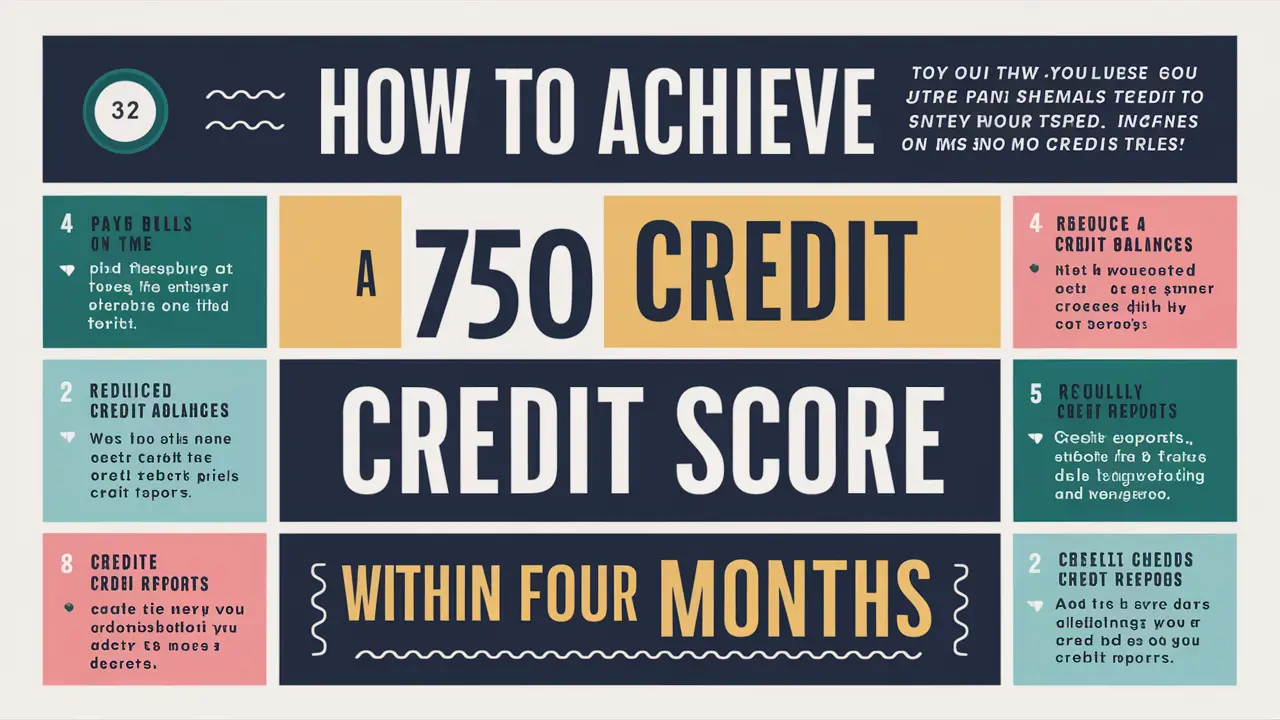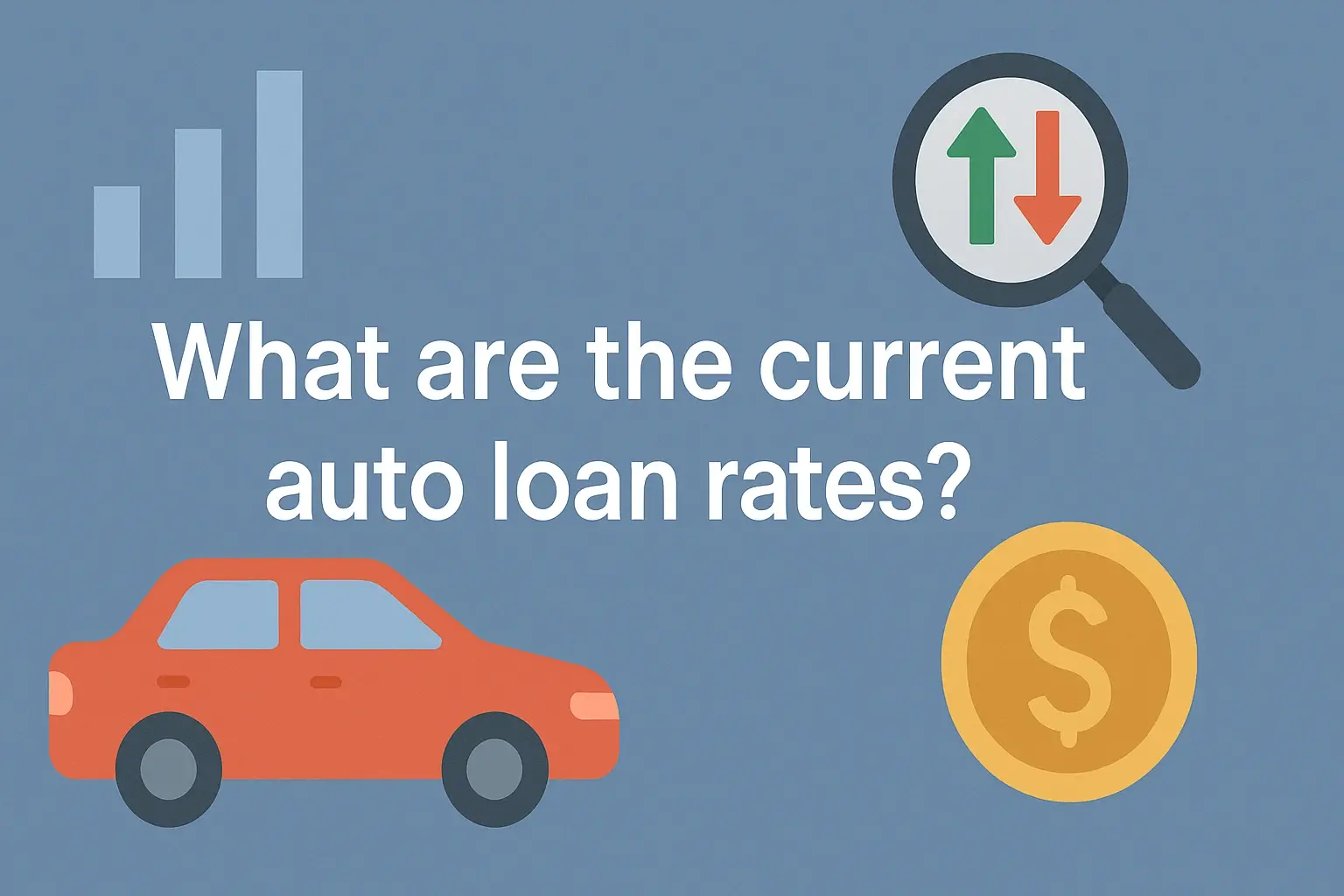A 750 credit score is considered excellent and opens doors to better interest rates on loans, credit cards, and mortgages. While achieving this score quickly might seem daunting, it's absolutely possible with a focused strategy and disciplined financial habits. This comprehensive guide will provide you with the actionable steps to increase your credit score to 750 in just 4 months.
Understanding Your Starting Point: Assess Your Current Credit Situation
Before embarking on this credit-boosting journey, it's crucial to understand where you currently stand. This involves obtaining your credit reports and scores from all three major credit bureaus: Equifax, Experian, and TransUnion. You can obtain these reports for free annually at AnnualCreditReport.com.
Analyzing Your Credit Reports
Carefully review each credit report for the following key factors:
- Payment History: This is the most significant factor influencing your credit score. Look for any late payments, missed payments, or defaults.
- Credit Utilization: This refers to the amount of credit you're using compared to your total available credit. Aim to keep your credit utilization below 30%.
- Credit Age: The length of your credit history plays a role. A longer credit history generally benefits your score.
- Credit Mix: Having a mix of different types of credit accounts (e.g., credit cards, installment loans) can positively impact your score.
- New Credit: Opening too many new accounts in a short period can negatively affect your score.
- Public Records and Collections: Bankruptcies, tax liens, and collection accounts can severely damage your credit.
Identifying any negative items or errors on your credit reports is the first step towards improving your credit score. Once you have a clear understanding of your credit profile, you can start implementing strategies to boost your score.
Step-by-Step Guide to Reaching a 750 Credit Score in 4 Months
The following steps are designed to help you strategically improve your credit score in a relatively short timeframe. Consistency and discipline are key.
1. Correct Errors on Your Credit Report
Errors on your credit report can significantly lower your score. If you identify any inaccuracies, such as incorrect late payments, accounts that don't belong to you, or incorrect credit limits, file a dispute with the credit bureau immediately. You can do this online through the bureau's website or by mail.
How to File a Credit Dispute:
- Gather Documentation: Collect any supporting documents that prove the error, such as payment confirmations, account statements, or identity verification.
- Write a Dispute Letter: Clearly explain the error and the reason why it's incorrect. Include your personal information, account number, and a copy of your credit report highlighting the error.
- Send the Dispute: Send the dispute letter to the credit bureau via certified mail with return receipt requested to ensure they receive it.
- Follow Up: The credit bureau has 30 days to investigate your dispute. Follow up to ensure they are taking action.
Correcting errors is one of the fastest ways to improve your credit score.
2. Reduce Credit Utilization
Credit utilization is a major factor in your credit score. Aim to keep your credit utilization below 30% on each individual credit card and across all your accounts. Ideally, strive for utilization rates below 10% for optimal results.
Strategies to Lower Credit Utilization:
- Pay Down Balances: The most direct way to lower utilization is to pay down your credit card balances. Prioritize paying down cards with the highest interest rates first (the debt avalanche method) or the smallest balances first (the debt snowball method).
- Increase Credit Limits: Request credit limit increases on your existing credit cards. However, be careful not to increase your spending just because you have more available credit.
- Balance Transfer: Consider transferring balances from high-utilization cards to cards with lower utilization or 0% APR balance transfer offers.
- Use Credit Cards Strategically: Avoid maxing out your credit cards. Use them for small purchases and pay them off immediately.
Lowering your credit utilization demonstrates responsible credit management and can significantly boost your credit score.
3. Make Timely Payments
Payment history is the most important factor in determining your credit score. Even one late payment can have a negative impact. Ensure you pay all your bills on time, every time.
Tips for Making Timely Payments:
- Set Up Automatic Payments: Enroll in automatic payments for all your bills to avoid missing deadlines.
- Use Calendar Reminders: Set reminders on your phone or calendar to remind you of upcoming due dates.
- Pay More Than the Minimum: Paying more than the minimum payment reduces your debt faster and lowers your credit utilization.
Consistent on-time payments are crucial for building a positive credit history and achieving a 750 credit score.
4. Avoid Opening Too Many New Accounts
Opening too many new credit accounts in a short period can lower your credit score. Each time you apply for credit, a hard inquiry is placed on your credit report, which can slightly decrease your score. Avoid opening unnecessary accounts, especially if you're trying to improve your credit quickly.
Focus on Managing Existing Accounts:
Instead of opening new accounts, focus on managing your existing credit cards and loans responsibly. Pay them on time, keep your utilization low, and avoid overspending.
5. Consider a Credit Builder Loan or Secured Credit Card
If you have a limited credit history or are trying to rebuild your credit, a credit builder loan or secured credit card can be helpful tools.
Credit Builder Loans:
A credit builder loan is a small loan designed specifically to help people build credit. The lender holds the funds in an account and reports your payments to the credit bureaus. Once you've made all the payments, you receive the funds.
Secured Credit Cards:
A secured credit card requires a cash deposit as collateral. The deposit typically serves as your credit limit. Like traditional credit cards, secured cards report your payment activity to the credit bureaus.
Both credit builder loans and secured credit cards can help you establish a positive payment history and improve your credit score.
6. Be Patient and Consistent
Improving your credit score takes time and effort. Don't get discouraged if you don't see results immediately. Continue following the steps outlined in this guide, and you'll gradually see your credit score improve. Consistency is key to achieving your goal of a 750 credit score in 4 months.
Maintaining Your 750 Credit Score
Once you've achieved a 750 credit score, it's important to maintain good credit habits to prevent your score from dropping. Continue practicing the strategies outlined above, such as making timely payments, keeping your credit utilization low, and monitoring your credit reports regularly.
Regularly Monitor Your Credit Reports
Continue to check your credit reports from all three major credit bureaus at least once a year to ensure there are no errors or signs of fraud. You can also sign up for a credit monitoring service that will alert you to any changes in your credit report.
Avoid Common Credit Mistakes
Be aware of common credit mistakes that can damage your credit score, such as missing payments, maxing out credit cards, and opening too many new accounts. By avoiding these mistakes, you can maintain your excellent credit score and continue to enjoy the benefits of having good credit.
Important Considerations and Cautions
- "Fast Fix" Credit Repair Companies: Be wary of companies promising overnight credit repair. These promises are often unrealistic and potentially harmful. Focus on legitimate strategies.
- Impact of Existing Debt: If you have significant debt, achieving a 750 score in 4 months may be challenging. Prioritize debt reduction.
- No Guarantees: While these strategies are effective, achieving a specific score within a specific timeframe is not guaranteed. Individual circumstances vary.












